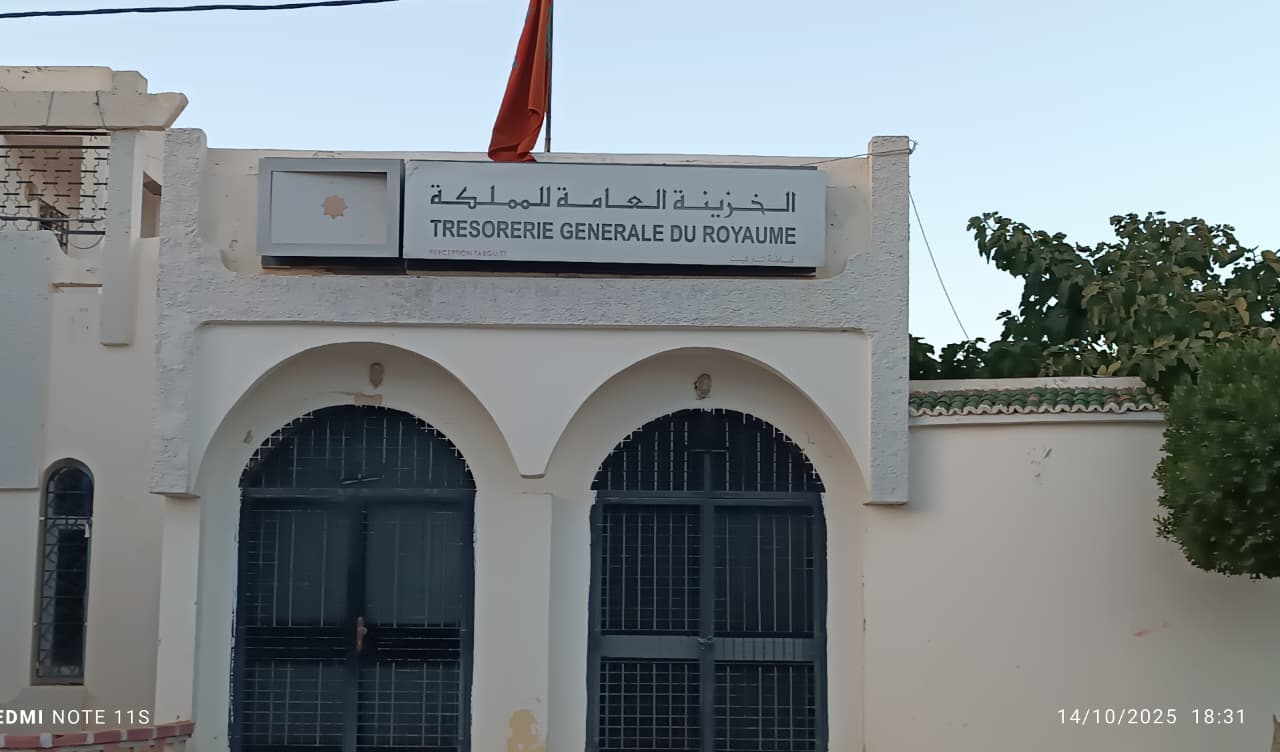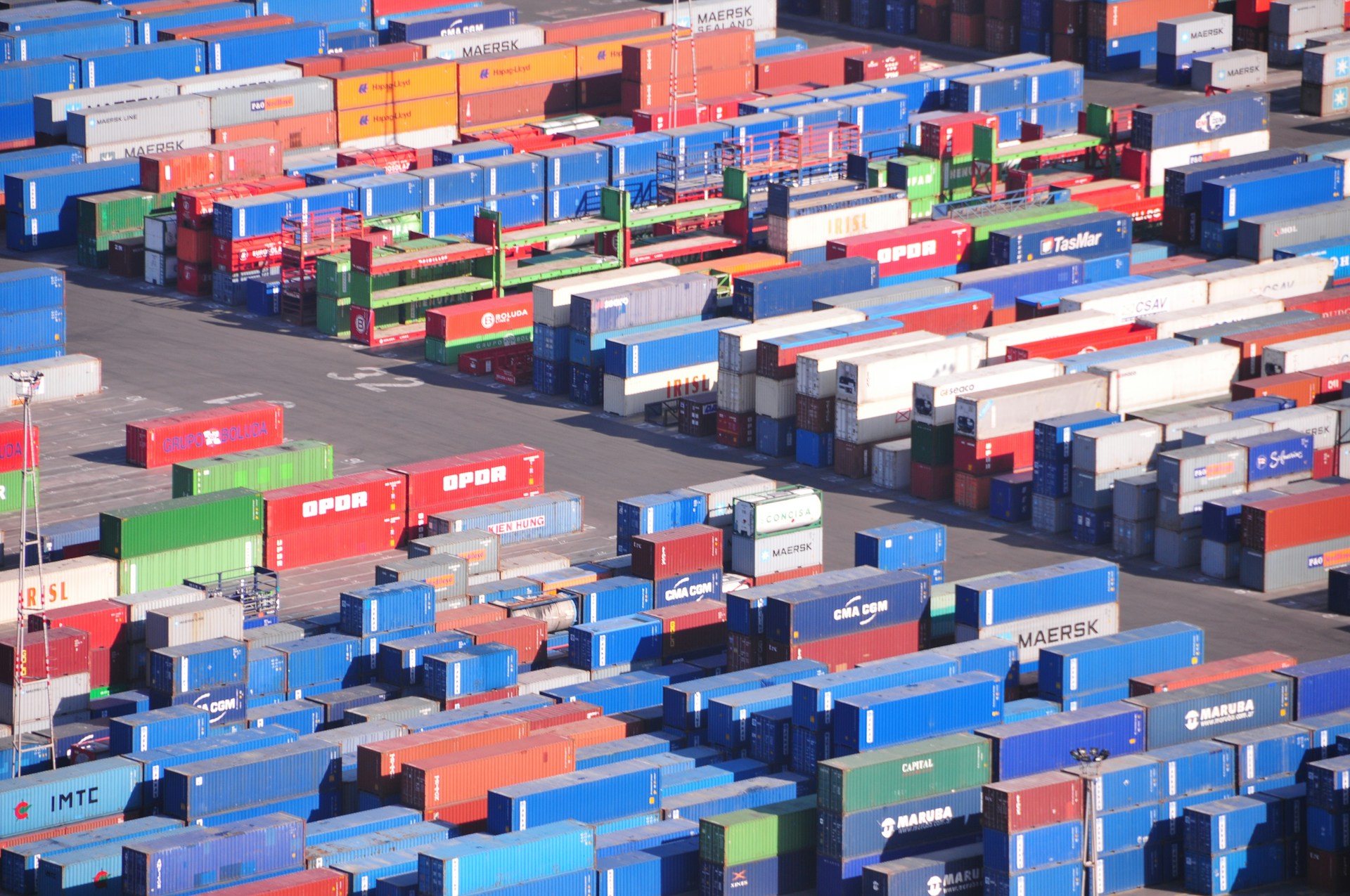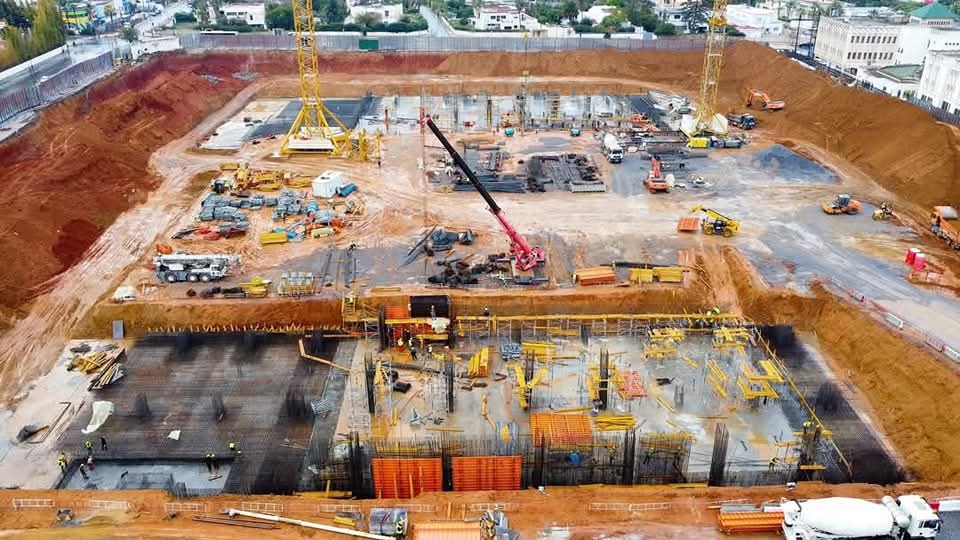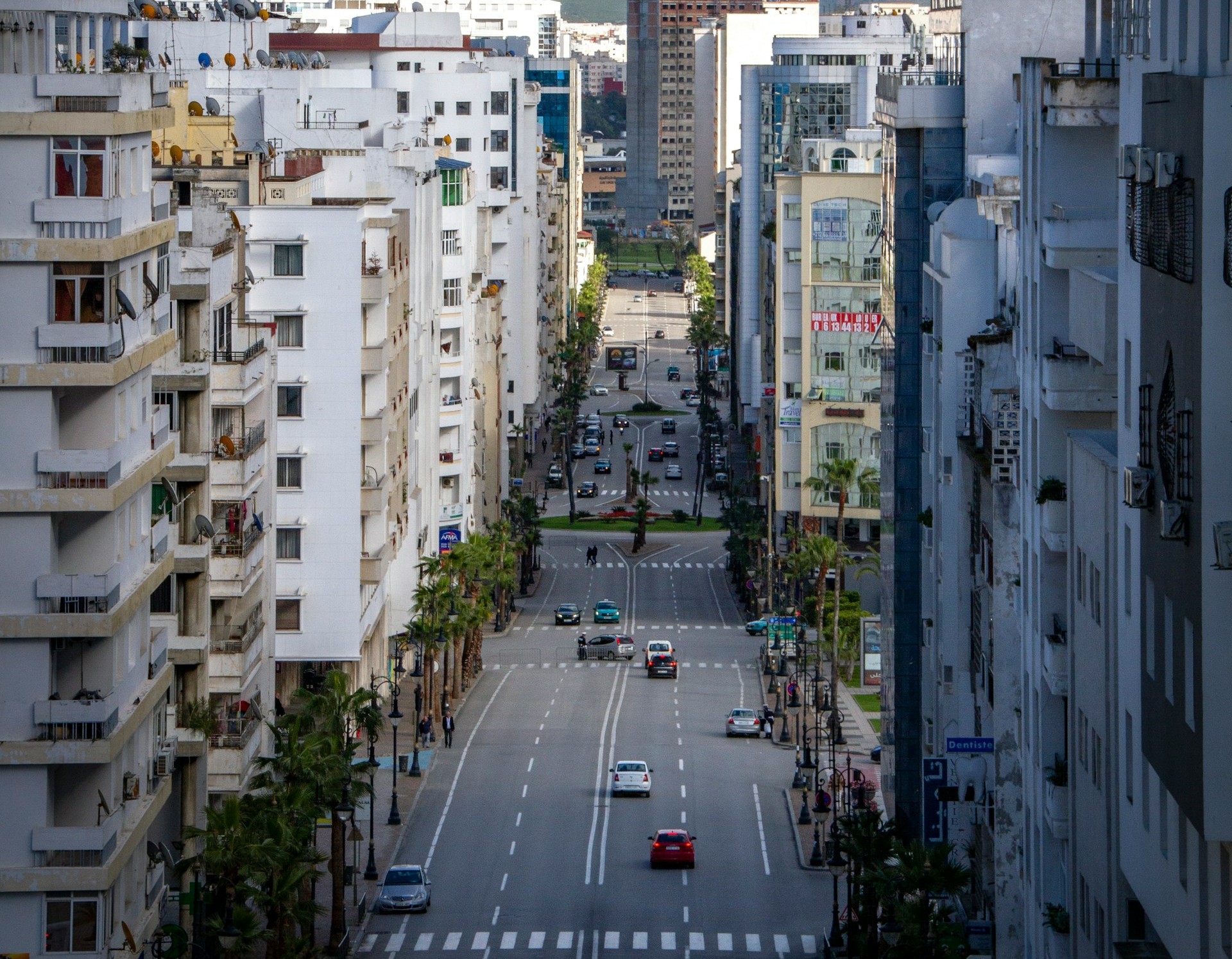Casablanca – Morocco’s tax revenues surged to over $17.95 billion during the first seven months of 2024, marking a growth of 11.6% compared to the same period in 2023, according to a report from the Ministry of Economy and Finance. This increase comes as part of the Ministry’s ongoing efforts to strengthen tax collection, boosting revenues despite economic challenges.
The report highlights that the tax revenues achieved a realization rate of 64.3% compared to the projections outlined in the 2024 Finance Law, showing progress toward fiscal targets. However, the fiscal deficit widened to $4.14 billion by the end of July 2024, compared to $3.02 billion in the same period last year, due to higher spending outpacing revenue growth.
Corporate tax and income tax lead the growth
Corporate tax (Impôt sur les Sociétés, IS) has been a standout performer, recording a realization rate of 70.4% and an increase of 13.5%. This growth is largely driven by a rise in revenue from corporate adjustments (+$237 million), along with the first two tax installments (+$134 million). Corporate tax withheld at source on dividends, payments to third parties, and fixed-income investments also contributed significantly (+$134 million).
Income tax (Impôt sur le Revenu, IR) showed strong gains as well, with a realization rate of 66.4% and an increase of 11.9%. The boost in revenue is attributed to income tax on wages (+$124 million) and property profits (+$52 million). In addition, income tax on fixed-income investments, capital gains from securities, and professional income rose by $82 million, reflecting Morocco’s recovering economic activity.
VAT and consumption taxes also on the rise
Value-added tax (VAT) revenue rose by $557 million, achieving a realization rate of 59.4%, driven by a 17.3% increase in domestic VAT and a 9% rise in VAT from imports. This growth mirrors a rebound in consumption as businesses and households navigate an improved economic environment.
Domestic consumption taxes (TIC) followed suit, registering a realization rate of 61.5% and a growth of 9.4%. The increase was led by TIC on energy products, which rose by 10.7%, and on tobacco, which saw a 5.4% jump. These taxes are key contributors to Morocco’s fiscal revenues, particularly in times of volatile energy markets.
Customs duties and other tax revenues
Customs duties continued their upward trend, with revenues rising by 17.8%, achieving a realization rate of 67.1%. This reflects stronger trade flows, particularly imports, which have contributed to the country’s growing tax base.
Registration and stamp duties, though experiencing a smaller increase, showed a growth of 1.5%, reaching a realization rate of 66.3%. These revenues are critical for supporting public sector financing, as they are tied to property transactions and legal documentation processes.
Non-tax revenues decline amid overall revenue growth
Despite the growth in tax revenues, non-tax revenues saw a decline from $2.47 billion in 2023 to $2.21 billion by July 2024. These revenues include $721 million from innovative financing mechanisms and $526 million from public institutions and companies. The decline was partially offset by contributions from key entities such as Bank Al-Maghrib ($268 million) and the National Agency for Land Registry and Surveying ($206 million). Revenue from the sale of state shares amounted to $175 million.
Expenditures outpace revenue growth, widening the deficit
While Morocco’s tax revenue collection has shown positive momentum, government expenditures have risen at a faster pace, reaching $19.45 billion, an increase of $1.68 billion compared to the same period in 2023. This rise in spending is attributed to higher outlays on goods and services, alongside a moderate increase in interest payments on external debt.
The increase in goods and services expenditures achieved a completion rate of 57.7% for personnel expenses and 62.1% for other operational expenses. External debt interest payments increased by $206 million, though this was partially balanced by a $196 million reduction in domestic debt interest payments.
A mixed outlook for morocco’s public finances
While Morocco has succeeded in improving its tax revenue collection during the first seven months of 2024, the growth in public spending has widened the fiscal deficit. As a result, the Treasury faces a financing need of $4.88 billion, compared to $3.32 billion in the previous year.
The government’s focus on increasing tax collection and managing public debt will be crucial to maintaining fiscal stability. The Ministry of Economy and Finance has also reported that inflation has stabilized at 1% in the first half of 2024, compared to 7.9% during the same period in 2023, providing some relief to consumers and businesses alike.
Morocco’s fiscal outlook for the remainder of 2024 will depend on the government’s ability to sustain revenue growth while managing rising expenditures, especially in light of external economic pressures.
















